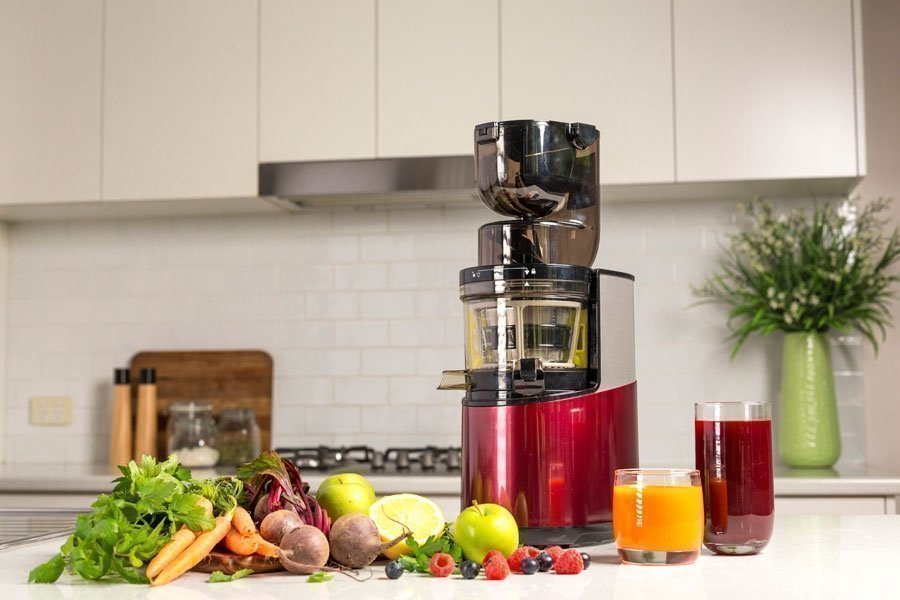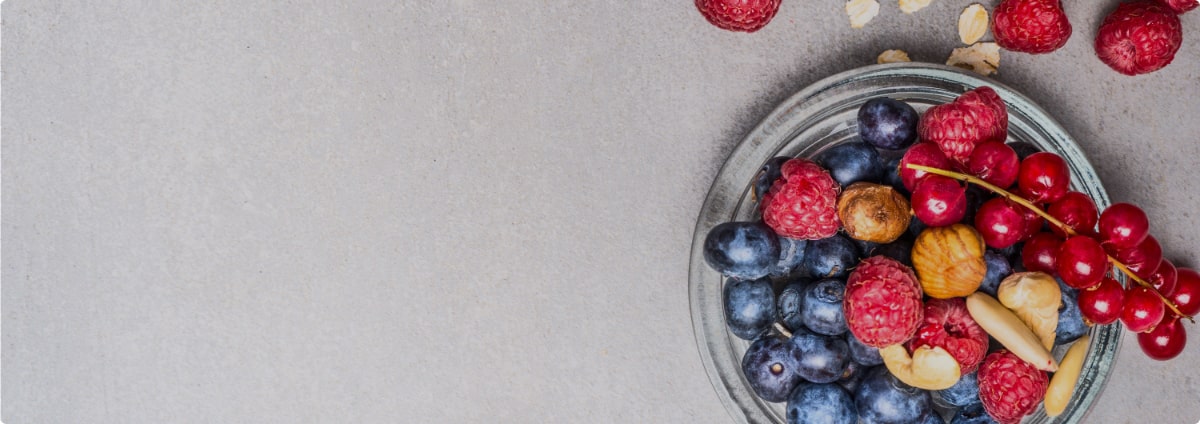Vitality 4 Life uses cookies to provide and improve our services, if you continue browsing, we consider that you accept its use. For more information, please see our privacy page.

Composting: Which Composter is Right for Me?
Successful composting involves the right conditions; and while you can control certain factors by changing the type of waste matter you are adding, factors such as oxygen levels and temperature can be difficult to manage. The correct choice of composter can allow you to easily cater for this and help you to achieve composting success.
 If climate and location are possible issues for you, an insulated composter is recommended to regulate temperatures in both hot and cold climates and locations.
If climate and location are possible issues for you, an insulated composter is recommended to regulate temperatures in both hot and cold climates and locations.
Composters with adjustable air vents can also assist with oxygen control and those that are sealed and elevated can prevent rodents from attacking your compost, while allowing for a wider range of waste materials to be composted.
So, which composter is right for you? We breakdown some of the main elements worth considering before purchasing a composter, so that you can get the best out of your composter including materials, type and size.
Rotating Versus Fixed Composters
Both fixed and rotating composters are effective options for producing your own organic compost soil at home. However, several additional benefits of a rotating model outweigh fixed design models - offering you the best conditions and functionality.
Benefits of A Rotating Composter
- Fast Waste to Compost Time – The compost process time is reduced due to the ability to easily and thoroughly mix your compost.
- Pest Control – Rotating bins are totally sealed and off the ground so rodents and animals accessing your compost is not a concern
- Durability – Composters that are designed to rotate are made from stronger materials to ensure rotation process can be support so will provide a longer lifespan.
- Oxygen Control – Rotating compost bins allow for adjustable airflow.
- Temperature Control – As rotating composters are fully sealed, elevated and often insulated, the temperature can be maintained in all climates and locations.
- Continuous Composting – Look for rotating composters that contain dual chambers to allow continuous composting.
- User-Friendly – Rotating compost bins are mess free when emptying or mixing the composter.
- Ease of Use - Look for models with handles which allow for ease of turning when the bin becomes full and heavy.
Why Fixed Composters Don’t Compare
- Minimal Aeration – Oxygen levels are vital and fixed compost bins offer minimal oxygen control, many with no vents.
- Pest Issues – Rodents can dig under fixed bins and build nests in compost. Other animals such as dogs can be a concern as the bin is not fully sealed.
- Durability – Fixed bins are usually plastic which becomes worn and offers a shorter lifespan.
- Temperature Control – Minimal control of temperature available due to plastic materials, lack of insulation and composter being placed directly on ground.
- Functionality – The mixing and emptying process is difficult and messy due to limited access.
Galvanized Steel Versus Hard-Wearing Plastic Composters
 We recommend composters constructed with steel to ensure ultimate durability for many years. Steel construction offers a longer lifespan than hard wearing plastic and can withstand extremes of heat, cold and wind. Plastic compost bin options will deteriorate in such conditions and in standard conditions over time.
We recommend composters constructed with steel to ensure ultimate durability for many years. Steel construction offers a longer lifespan than hard wearing plastic and can withstand extremes of heat, cold and wind. Plastic compost bin options will deteriorate in such conditions and in standard conditions over time.
Temperature control is extremely important in the composting process with steel composters enabling better management of temperature control inside the composter to avoid excessive hear that occurs within plastic compost bins in warmer locations or climates.
Which ‘Type’ of Composter Is Right for Me?
Composter choice will be dependent on how much waste you need to compost and the space available for placement of a composter.
Regardless of your living space there are a variety of options to enable you to easily compost at home.
Compost Heap – Created at home using minimal materials or no materials at all, requires outdoor ground space of at least 1metre square, rodents and animals can easily disturb compost, easily impacted by weather conditions.
 Worm Farm –Produces highly concentrated liquid compost and worm casts rather than soil, minimal space required but must be a cool, dry location (a garage is perfect), not suitable for composting citrus, garlic, onions, bread or meats, more suitable to smaller volumes of compost.
Worm Farm –Produces highly concentrated liquid compost and worm casts rather than soil, minimal space required but must be a cool, dry location (a garage is perfect), not suitable for composting citrus, garlic, onions, bread or meats, more suitable to smaller volumes of compost.
Kitchen Bin Systems – Ideal for those in apartments or with minimal outdoor space. Produces liquid fertilizer, but remaining waste needs to be buried or disposed of. Systems require addition of compost activator resulting in ongoing cost, minimal quantity of waste matter can be processed per cycle.
Fixed Compost Bins – Keeps compost contained, large volumes of compost production possible. Two bins required to allow for continuous composting.
Rotating Compost Bins – Suitable for all climates, totally sealed for protection from pests and animals, very fast composting time due to aeration and rotation. Easy mixing and empty process due to rotating and accessibility.
We recommend the Joraform range of rotating composters because of their high-quality, durable steel construction and insulated dual chambers which allow for a fast break down time of your waste.
What Size Composter Do I Need?
 I only have a small garden but I’m keen to make my own compost, which composter is best for me?
I only have a small garden but I’m keen to make my own compost, which composter is best for me?
The Joraform Little Pig Composter is perfect for small gardens. With a capacity of 125 Litres, this composter allows for 10-12 Litres of waste per week and takes up a minimal amount of space in your garden.
I have a family and a good-sized garden, which composter would you recommend?
The Joraform Big Pig Composter is perfect for larger-sized families (4 or more people) and gardens. Suitable for 10 – 12 users and both kitchen and garden waste, this composter allows you 25 – 30 litres of waste per week with a total capacity of 270litres.
 I only plan on composting small garden items like weeds and dead flowers. Will the ‘Little Pig’ composter be suitable for this?
I only plan on composting small garden items like weeds and dead flowers. Will the ‘Little Pig’ composter be suitable for this?
Absolutely! The Joraform Little Pig Composter is the ideal composter for small amounts of garden waste. The Little Pig caters for 10-12 litres of waste per week and has a total capacity of 125 litres. This is a neat and tidy composter which requires minimal space in your garden.
I have a small restaurant with its own veggie garden, do you have a composter that would suit my needs?
The Big Pig Composter is suitable for B&B’s, small restaurants and care homes and would be the perfect addition to your restaurant and veggie garden. This medium sized composter is suitable for a combined kitchen and garden waste of 25 – 30 litres per week with a total capacity of 270 litres.
Still not sure which composter is best for you? Give our friendly customer service team a call on 0800 882 924, Monday to Friday 8am to 5pm (BST), email us or contact us online with our live chat facilities.
HIGH-QUALITY, DUAL CHAMBER JORAFORM COMPOSTERS
[product id="1227"]
[product id="1226"]












